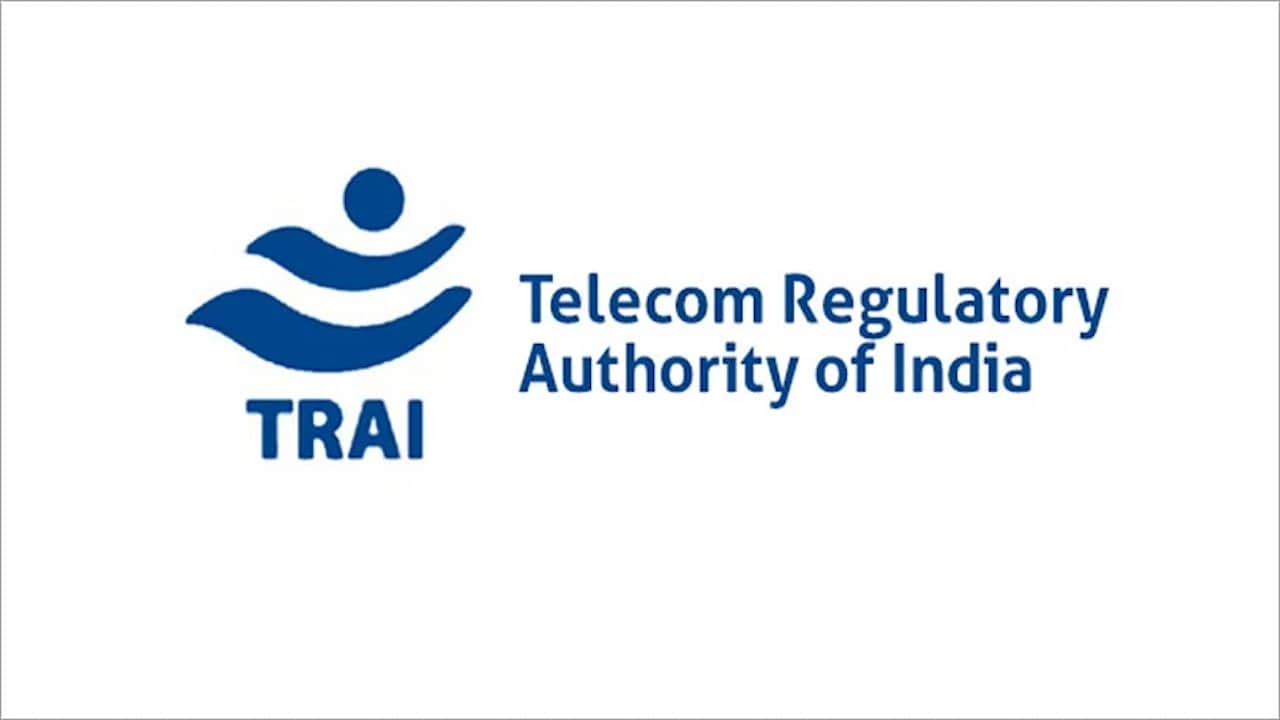Several regulators, including the Reserve Bank of India (RBI), Securities & Exchange Board of India (SEBI), Telecom Regulatory Authority of India (TRAI) and various government departments including Ministry of Home Affairs, Ministry of Consumer Affairs and Department of Telecommunications (DoT) are working together to chart out collaborative measures to tackle the issue of pesky communications and online financial fraud, PIB informed.
A meeting of this Joint Committee of Regulators (JCoR) was convened by TRAI, yesterday at TRAI HQ in New Delhi. The JCoR is a collaborative initiative by TRAI to study regulatory implications in the digital world and to collaboratively work on regulations.
During the meeting, regulators discussed a variety of measures aimed at curbing the flow of unsolicited communications. One of the primary topics was the role of entities within the Banking, Financial Services, and Insurance (BFSI) sector in preventing Unsolicited Commercial Communication (UCC). The committee emphasised the importance of these entities in implementing robust anti-spam measures.
Another significant point of discussion was the sharing of information by digital platforms to help identify and block spam sources. The committee highlighted the need for better cooperation and data sharing among platforms to enhance the effectiveness of spam prevention strategies.
The acquisition of digital consent from users was also a focal point. Regulators stressed the importance of obtaining clear and informed consent from users before sending any communications. In addition, the committee discussed the whitelisting of URLs, over-the-top (OTT) links, and callback numbers.
Additionally, strengthening Know Your Customer (KYC) measures was another key agenda item. Enhanced KYC processes can help in verifying the identity of users and reducing the chances of fraudulent activities that often lead to spam.
